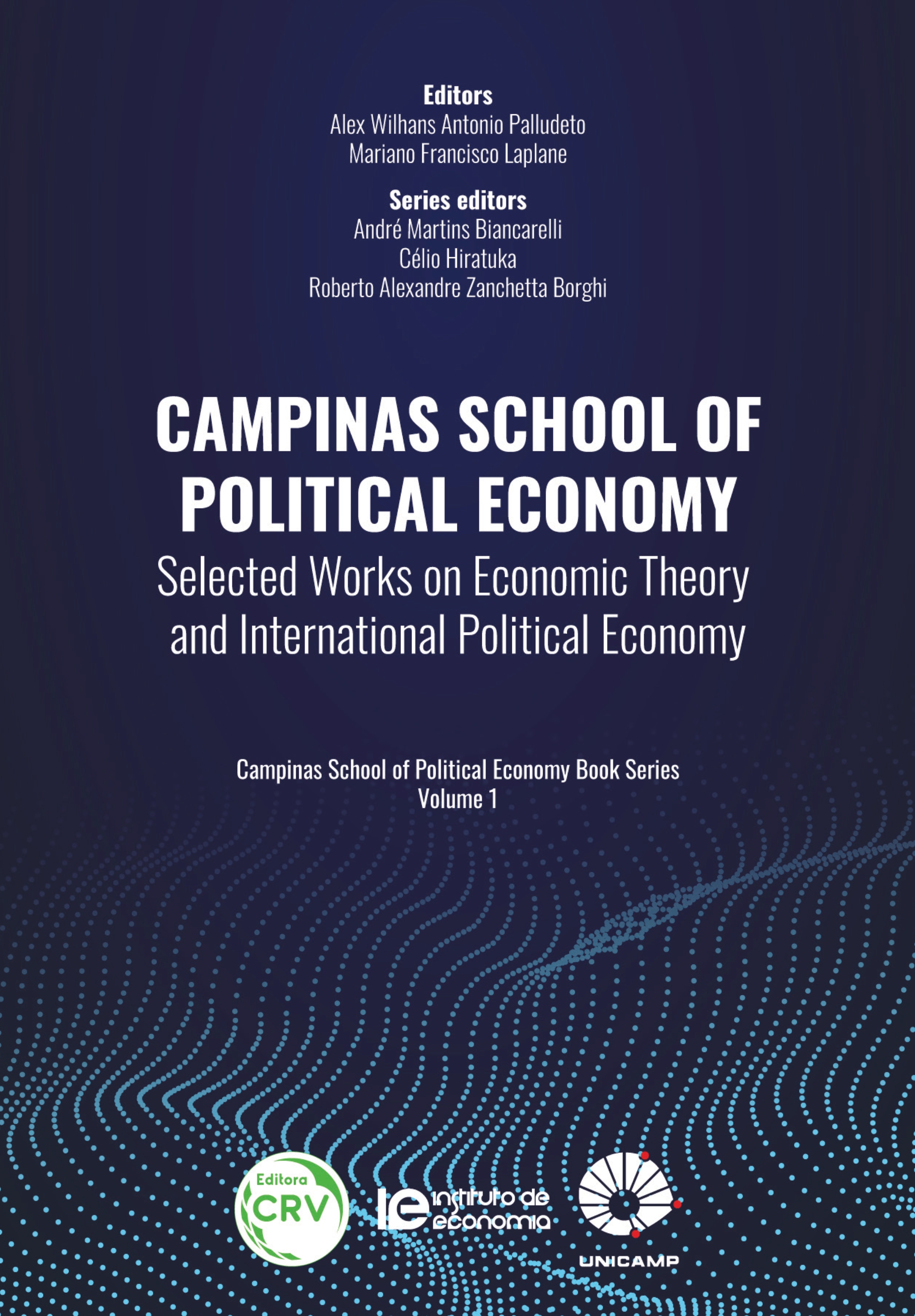Autor: Alex Wilhans Antonio Palludeto, Mariano Francisco Laplane
The formation and institutionalization of teaching and research centers in economics in Brazilian universities throughout the 20th century present peculiar traits when compared to other historical experiences. Contrary to what is commonly observed in other countries – especially in the United States and Europe – the Brazilian economics developed and consolidated itself in a plural academic environment (Ekerman, 1989; Versiani, 2007; Fernandez & Suprinyak, 2019). In fact, Brazil is one of the rare cases in which professors and researchers who predominantly present heterodox theoretical and methodological perspectives are a significant share of economics teaching and research institutions in the country, including the most prestigious ones (Dequech, 2018). Indeed, Brazil is one of the few countries in which heterodox economists are well-established, numerous, and influential (Hodgson, 2021).
Among the main institutions in Brazil that have been sources of critical contributions to conventional economics, especially to its neoclassical core, the Institute of Economics at the University of Campinas (Unicamp) stands out as one of the most relevant (Dequech, 2018; Fernandez & Suprinyak, 2019). Unicamp’s Institute of Economics was founded in 1985 and was born as an expansion of activities related to teaching and research in economics developed since the late 1960s in the Institute of Philosophy and Human Sciences (IFCH) at the same university. Since its beginnings, still as a department of the IFCH, in the context of the civil-military dictatorship in Brazil, Unicamp’s teaching and research in economics have been marked by interdisciplinarity and a permanent concern with the country’s social and economic problems (Belluzzo, 1996; Castilho, 2008). Indeed, based on the critical framework derived from ECLAC’s Latin American structuralism.
Gradually, a specific approach to the capitalist development of Brazil was forged, with a view to understanding its peripheral, underdeveloped condition, and the ways to overcome this condition. At the same time, as an indispensable part of these contributions, an equally unique understanding of the structure and dynamics of global capitalism and its transformations was crystallized in a wide range of works, which was constituted from the critical engagement with certain interpretations about the capitalist system based on Marx, Keynes, Kalecki, Schumpeter, and Minsky, among others (Ferreira et al., 2021: 338).
In this context, the expressions “Campinas School of Economics” and “Campinas School of Political Economy” became common as references to the contributions about capitalist development in Brazil and the evolution of contemporary capitalism by authors linked to Unicamp over time (Santos, 2013; Bastos, 2019).
However, access to a significant part of the contributions developed at the Institute was limited to Portuguese-speaking readers. In this sense, the present book seeks to make available in English a share of the works of professors and researchers of the Institute of Economics since its beginnings.
Although the selection of contributions presented in this book is not able to accurately reflect the thematic and intellectual scope that have marked the academic production of professors and researchers of the Institute of Economics, it is a small sample of the critical reflection developed in this institution in the past five decades on topics related to economic theory and international political economy. The contributions basically comprise chapters of doctoral theses or books, articles, and working papers published in the period from 1975 to 2013 and, with few exceptions, unavailable in English until now.
This book is divided into three Parts, in which the chapters are presented in the chronological order in which they were originally published. Part I consists of 10 chapters, whose contributions were published in the 1970s and 1980s. In this part, themes related to more general topics in the fields of political economy, macroeconomics, and international economics prevail. Part II, in turn, is formed by 7 chapters of works originally published in the 1990s. Instigated by the economic transformations taking place in that period, the contributions of this Part are directed at the critique of globalization, the analysis of the productive dimension and industrial policy, and financialization. Finally, Part III presents 5 chapters and includes works published in the 2000s and 2010s dedicated to the analysis of competition as well as the monetary and financial dimension of contemporary capitalism, especially in the context of the 2008 financial crisis. The reduced number of works presented in Part III reflects the growing internationalization of contributions made by the Institute of Economics. In fact, since the 2000s, a significant share of the works in the fields of economic theory and international political economy has been published in journals and books in English.
As editors of this book, we thank Carolina Troncoso Baltar, Hugo Leonardo de Jesus, Maria Priscila Ribeiro Lima, Pedro Quintiliano Paiva, and Roberto Alexandre Zanchetta Borghi for their reading and invaluable assistance in the review process of some of the chapters. Special thanks are also extended to Professors Frederico Mazzucchelli, José Carlos Braga, and Luiz Gonzaga de Mello Belluzzo, for encouraging the publication of this book and for kindly accepting the task of preparing brief introductions to each Part of it. We are also grateful for the effort and dedication of Unicamp’s Institute of Economics staff and for all the professors, employees, and students of our institution who made this publication possible.
 English
English



